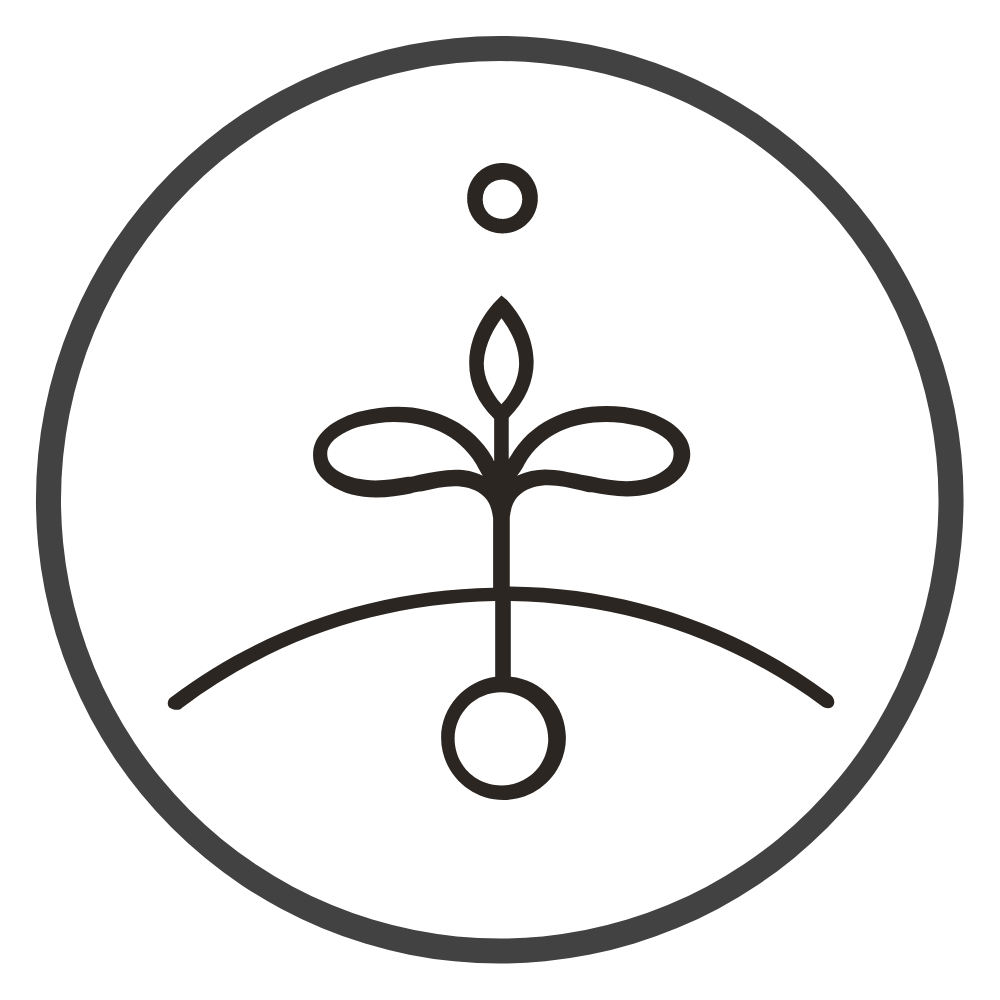Pelvic Floor and More
Occupational therapists have a unique skillset and holistic approach to wellness that is perfectly situated to treat a variety of issues related to pelvic health.
Occupational therapy is a difficult profession to pin down. Occupational therapists can work with individuals of any age, of any ability, in any setting to address any physical, cognitive, environmental, social, or psychological factor that impacts the ability to complete any occupation. Whew!
This scope is so wide that, naturally, many occupational therapists choose a specialized focus, diagnosis, or practice setting to pursue advanced training and experience. For example, you might know an occupational therapist who works with children who have autism spectrum disorder, or who is a certified hand therapist, or who works in a rehabilitation setting with individuals with spinal cord injuries. While the population and setting may change, all occupational therapists are trained to view individuals holistically to improve their participation in the activities that they want or need to do..
An advanced degree in occupational therapy provides a refined mindset, or lens, through which we view the world. We are trained to assess an individual as a whole- recognizing the impact of their physiological, cognitive, and psychosocial state- as well as their social and physical environment. We are also trained in the art of analyzing occupations, so that we are equipped to work with an individual on literally any activity they want or need to do.
So, what is pelvic health and where does it fit in? Pelvic health encompasses bladder and bowel function, sexual function and all of the muscles and tissues associated with the pelvic floor and surrounding area. But there is so much more to pelvic health than just your pelvic floor. Pelvic health can impact your daily routine, sexuality, sleep, sense of identity, mental health, and social relationships. While it is important to rehabilitate the muscles of the pelvic floor, it is equally important to address any barriers in the environment, any disruption to optimal routines, and any psychosocial or mental health concerns.
Because of our unique approach, occupational therapists are trained to address all the facets that accompany pelvic health dysfunction. We provide targeted intervention designed not only to treat your symptoms, but also to address you as a whole person. Treatment may entail exercises to improve the function of pelvic floor muscles, strengthening activities for the muscles surrounding the pelvis, discussion of daily routine and activity, a focus on breathing and awareness, and addressing anything else that inhibits you from living your best life!
The occupations most often impacted by pelvic health dysfunction - peeing, pooping, sleep, and sex- are typically the occupations least discussed or avoided in many settings (even in healthcare!) but they have a dramatic impact on daily life and self-esteem. These are also the areas that many people shy away from when working with pregnant or postpartum women, but we are here to bring them into the light! You are not alone if you leak a little (or a lot) when you laugh, cough, sneeze, or jump on the trampoline with your little ones, but you don’t have to accept that as your new normal. You are also not alone if you have separated abdominals, pain with sex, frequent urinary tract infections (UTIs), or low back pain. These are all common conditions for women who have been pregnant and given birth, but they are not normal and do not have to be accepted as normal. Stay tuned for a future blog post related to pelvic floor disorders related to pregnancy and birth and how your daily movements may play an important role.
We love sharing about why occupational therapy fits so well in the world of pelvic health, but we also want to note that we are all about collaborating with other members of a pelvic health team. We strongly value the expertise and approach of other professionals, and we believe we work better together. One person can’t do it all, and it is so beneficial to include other people on your team (e.g. midwife, OB-GYN, psychologist, physical therapist, massage therapist, etc. Check out our blog post titled Who Is Your Village to learn who else to add to your team).
